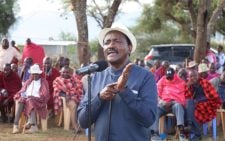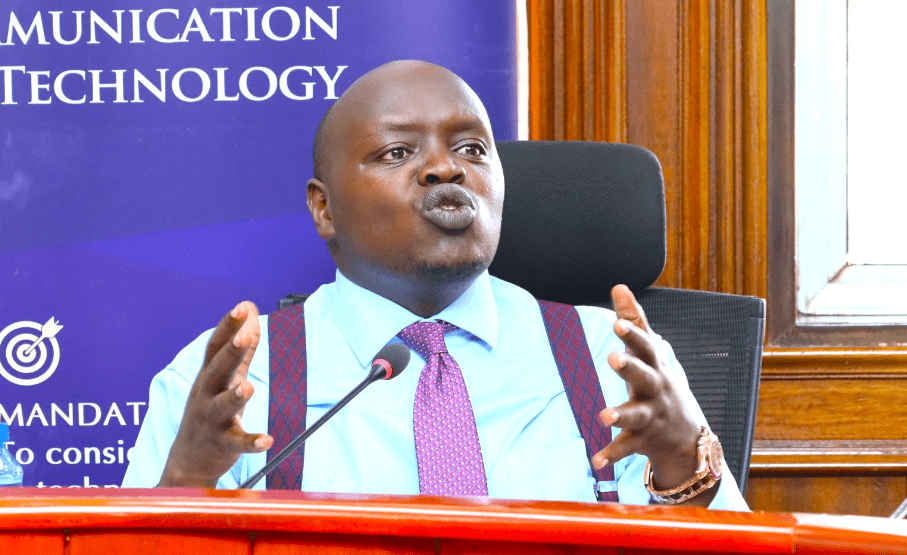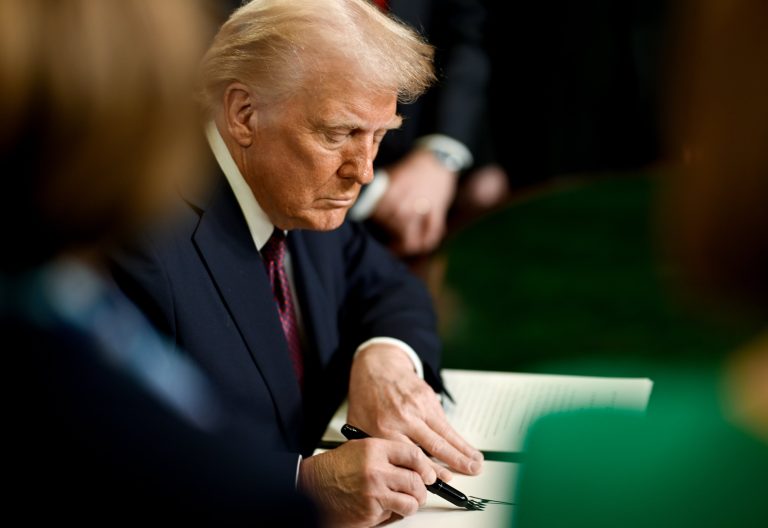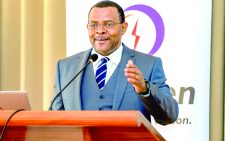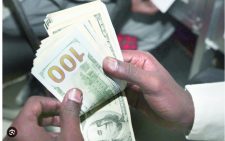Recurrent expenditures soar despite cost-cutting pledge

President William Ruto’s government increased recurrent expenditures in the first quarter of the 2024/25 financial year (July to September 2024), affecting development efforts, despite pledging to cut costs.
This pledge followed the withdrawal of the contentious Finance Bill 2024/25 after nationwide protests led by Gen-Z that disrupted economic activities.
The Controller of Budget flagged excessive government spending on travel, hospitality, and allowances. The National Assembly led in travel expenditures, recording Sh870.24 million for domestic travel and Sh173.96 million for foreign travel.
Not surprisingly, the National Assembly topped the list of the highest spenders on travel, recording Sh870.24 million on domestic travel and Sh173.96 million on foreign travel, followed by the Senate, which spent Sh345.75 million and Sh80.61 million on domestic and foreign travel, respectively.
Additionally, the Office of the Auditor General spent Sh204.22 million and Sh29.20 million on domestic and foreign travel, respectively. The State Department for Immigration and Citizen Performance spent Sh117.57 million on domestic travel and Sh27.87 million on foreign travel.
At the same time, the National Police Service spent Sh111.72 million on domestic travel but did not disclose the amount spent on foreign travel. The State Department of Internal Security and National Administration spent Sh104.27 million on domestic travel during the period.
Other high spenders in this category, as per the report by the Controller of Budget, include the Judiciary, which spent Sh71.80 million on domestic travel and Sh39.56 million on foreign travel; Lands and Physical Planning, Sh61.42 million; and the State Department for Correctional Services, which recorded Sh58.10 million.
Surprisingly, the Office of the President spent Sh11.58 million on domestic travel and Sh1.34 million on foreign travel, trying to stick to the cost-cutting pledge. The Office of the Deputy President spent Sh42.12 million and Sh1.72 million on domestic and foreign travel, respectively.
The Kenya National Commission on Human Rights spent the least on travel, with Sh0.05 million, followed closely by the Ministry of Water and Sanitation, which spent Sh0.52 million.
Other least spenders include the State Department for Roads, which utilized Sh0.66 million, and the State Department for Housing and Urban Development, which recorded Sh1.18 million on domestic travel and Sh0.56 million on foreign travel.
The total amount the government spent on travel was Sh2.485 billion on domestic travel and Sh1.09 billion on foreign travel from the budget.
On the hospitality front, the State Department for Foreign Affairs led with an expenditure of Sh80.24 million, followed closely by State House, which spent Sh75.81 million during the period under review.
The Judiciary came in third with an expenditure of Sh45.19 million, slightly higher than the Office of the Deputy President, which had an expenditure amounting to Sh44.45 million. The National Assembly spent Sh32.84 million, closing the list of top spenders in this category.
The least spenders in this category include the State Department for Roads and the State Department for Housing and Urban Development, which both recorded Sh0.18 million in expenditures. The State Department for Basic Education and the State Department for Vocational and Technical Training recorded Sh0.34 million and Sh0.94 million, respectively.
The total amount spent from the national budget on hospitality was Sh590.13 million during the period.
Moreover, the government spent more on Salaries, Allowances, and Miscellaneous (SAM), with the Judiciary seen to have spent a total of Sh680.03 million against the revised estimated expenditure of Sh3.11 billion, representing 22 per cent of the quoted amount.
The Teachers Service Commission spent Sh18.62 million, representing 25 per cent of the allocated Sh75.51 million, while the Office of the Attorney General spent Sh5.51 million, 48 per cent of the estimated Sh11.57 million during the period under review.
“A comparison of the SAM’s budgetary allocations for FY 2023/24 and FY 2024/25 indicated significant variations in budgeted salaries and allowances despite the remuneration of constitutional office holders being public information, having been gazetted by the Salaries and Remuneration Commission,” the report reads.
“We have also observed that three offices used over 40 per cent of their budgets in the first three months of FY 2024/25: the Commission on Administrative Justice (54 per cent), the Office of the Attorney General (48 per cent), and the National Gender and Equality Commission (44 per cent).”
As a result, the Auditor General, through the report, advised the National Treasury to ensure a realistic budget for SAM by effecting appropriate reallocations in Supplementary Budget II.
Expenditure categories with the highest development spending included Capital Transfers by the Ministerial Departments and Agencies (MDAs) in subsidies, grants, or direct transfers to Semi-Autonomous Government Agencies (SAGAs) at Sh85.30 billion, representing 80 per cent of the gross development spending.

